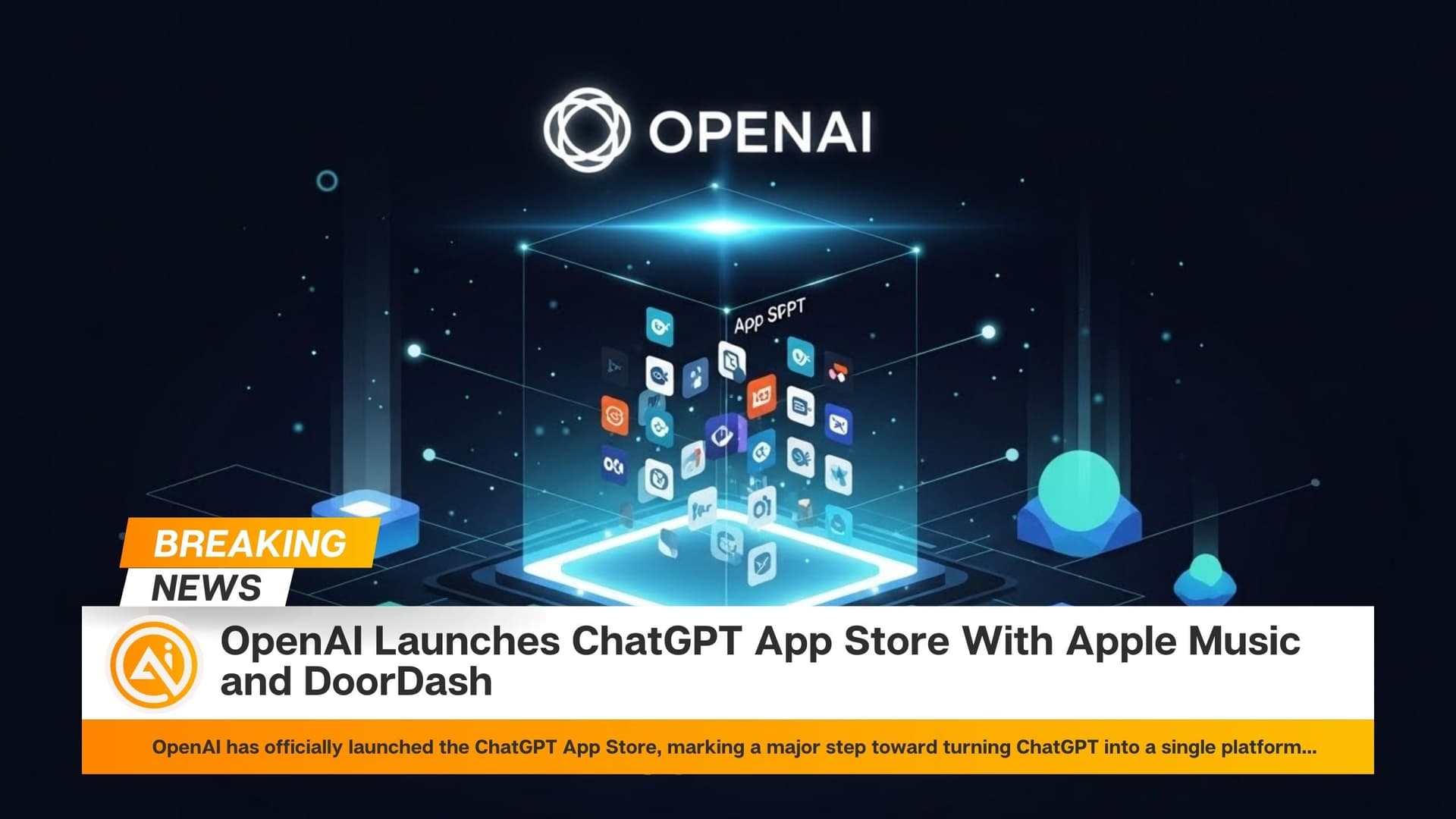Google is once again rolling out its AI-powered “Ask Photos” feature in Google Photos, after briefly pausing the launch due to performance concerns. The tool, powered by Google’s Gemini AI models, allows users to search their photo library using natural language questions instead of typing in keywords. This means users can ask for specific memories, like “photos from our trip to Paris in 2018,” rather than scrolling through albums or using tags.
The initial rollout faced some issues, particularly with slow response times and inconsistent results. A Google Photos team member had acknowledged earlier this month that the tool needed improvement in latency, accuracy, and user experience. Responding to this feedback, Google has made performance upgrades aimed at speeding up the tool, especially for simpler search queries.
According to a blog post published Thursday, Google noted that users wanted faster results for basic searches like “beach” or “dogs.” With the latest improvements, the company says users will now see quicker responses for these types of straightforward queries. Meanwhile, Gemini will continue processing more complex requests in the background to return more refined and relevant results.
The improvements are part of Google’s broader push to make its services more useful through AI enhancements. “Ask Photos” is designed to understand the context and content of users’ photos better than traditional search tools, making it easier to rediscover moments and memories.
Though still being rolled out gradually, the improved “Ask Photos” experience is expected to offer a smoother and more helpful way to navigate personal photo collections. Google hasn't specified when the tool will be fully available to all users, but the renewed rollout suggests confidence in its latest updates.
Users are encouraged to try the updated tool as it becomes available and provide feedback to help guide further enhancements. With AI continuing to evolve, tools like “Ask Photos” mark a shift in how people interact with and search through their digital memories.
